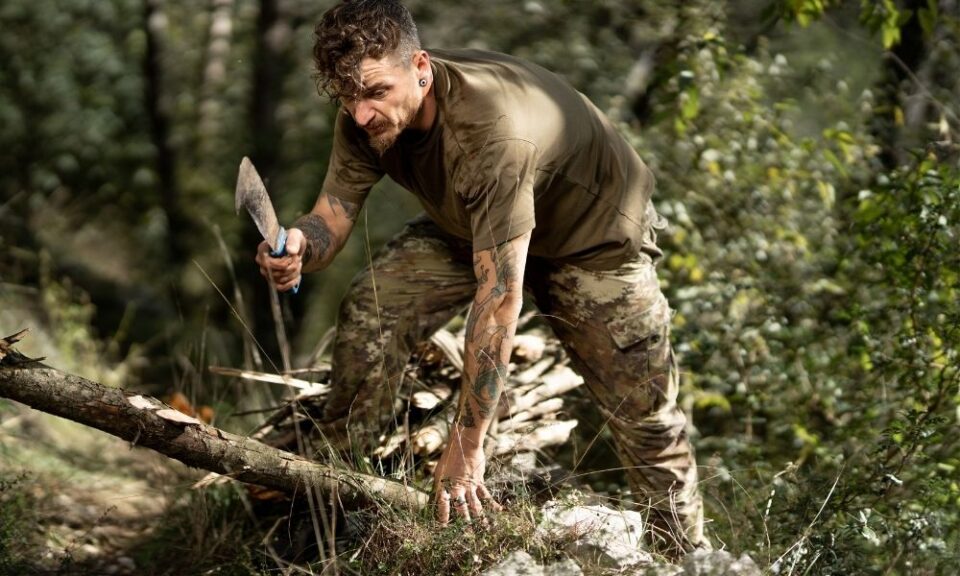Embarking on a wilderness survival expedition is not for the faint-hearted. It requires courage, resilience, and the ability to adapt to the unpredictable challenges of nature. Organizing such adventurous trips is a passion for those who seek to explore the untamed beauty of the great outdoors while honing their survival skills. In this article, we will delve into the essential aspects of organizing wilderness survival expeditions.
The Importance of Planning
Planning is paramount when it comes to organizing wilderness survival expeditions. Before embarking on any adventure, it is crucial to conduct thorough research about the chosen destination. Consider factors such as climate, terrain, available resources, and potential risks. This information will guide the preparation process and help ensure the safety of all participants.
Once the destination is determined, it is time to create a detailed itinerary. This itinerary should include a day-by-day breakdown of the expedition, highlighting specific survival skills to be learned and practiced. Additionally, it should include time for rest, reflection, and appreciation of the surrounding wilderness.
Choosing the Right Team
A successful wilderness survival expedition relies on the capabilities and cohesion of the team. It is crucial to carefully select individuals who possess the necessary skills and mindset to thrive in challenging environments. Look for individuals with experience in outdoor activities, survival skills, and a passion for adventure. Additionally, consider their physical fitness and ability to work well in a team.
Creating a diverse team can also be beneficial. Different backgrounds, expertise, and perspectives can contribute to a richer and more dynamic experience. However, it is essential to ensure that all team members are aligned in their commitment to safety, respect for nature, and willingness to learn and grow together.
Training and Preparation
Before embarking on an expedition, it is crucial to provide thorough training to all participants. This training should cover essential survival skills such as navigation, shelter building, fire starting, water purification, and foraging for food. It is also essential to educate participants on wilderness ethics, Leave No Trace principles, and emergency procedures.
Physical fitness is equally important. Engage in regular exercise and practice endurance-building activities to prepare the body for the demands of the expedition. Additionally, encourage participants to educate themselves about the flora, fauna, and potential hazards of the chosen destination.
Gear and Equipment
Selecting the right gear and equipment is vital for wilderness survival expeditions. Each participant should have a well-stocked survival kit, including essentials such as a compass, map, knife, fire-starting tools, water purification system, first aid supplies, and a reliable communication device. Adequate clothing, footwear, and protective gear for various weather conditions should also be considered.
It is essential to emphasize the importance of packing light and efficiently. Unnecessary weight can hinder mobility and become a burden during the expedition. Encourage participants to practice packing and unpacking their gear before the trip to ensure they have everything they need without excess weight.
Environmental Responsibility
Wilderness survival expeditions provide an opportunity to connect with nature intimately. It is crucial to foster a sense of environmental responsibility among participants. Teach them about Leave No Trace principles, which include minimizing campfire impact, properly disposing of waste, respecting wildlife, and staying on designated trails.
Encourage participants to appreciate and learn from the wilderness without leaving a negative impact. By instilling a sense of environmental stewardship, we can ensure that future generations can also enjoy the beauty of the outdoors.
Organizing adventurous wilderness survival expeditions requires meticulous planning, selecting the right team, thorough training, appropriate gear, and a sense of environmental responsibility. By focusing on these aspects, participants can embark on a transformative journey that pushes their limits, enhances their survival skills, and deepens their appreciation for the wonders of the natural world.

